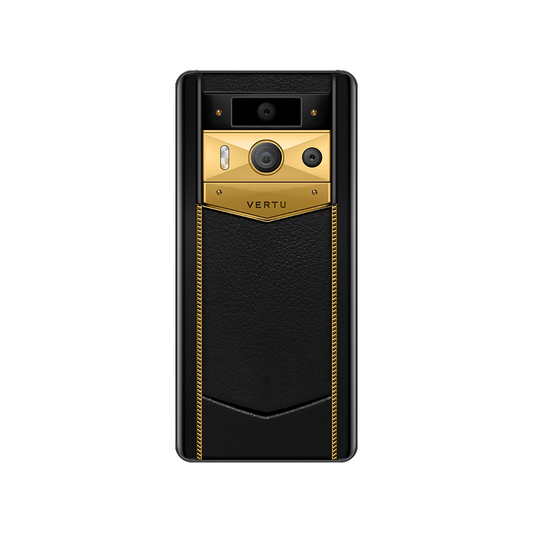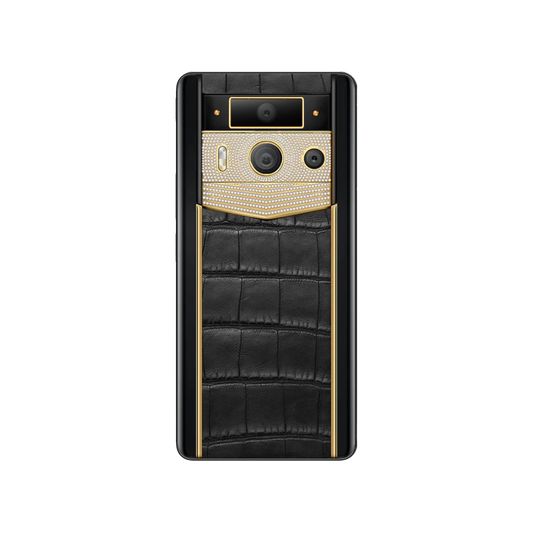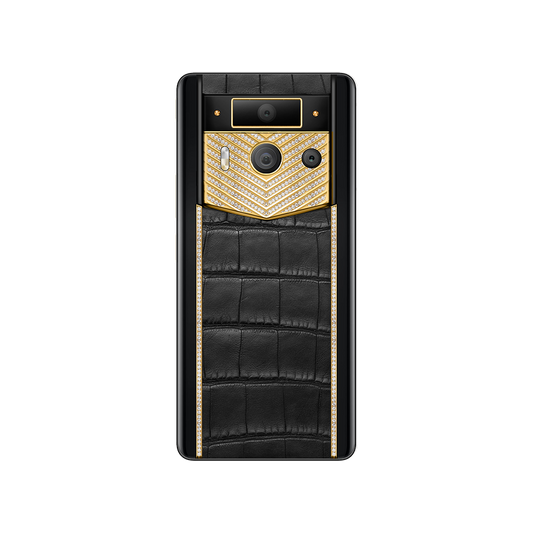
Vertu Academia: The Intersection of AI and Blockchain in Mobile Health Apps
In the era of Web3.0, where technology evolves to prioritize security, transparency, and user empowerment, a transformative revolution is taking place in the realm of mobile health applications. Imagine AI-driven health apps on your phone, seamlessly and securely utilizing blockchain for data integrity. In this article, we'll embark on a journey into the future of healthcare technology, exploring how the fusion of AI and blockchain is reshaping the landscape of mobile health, ensuring data integrity, and putting wellness at our fingertips.

At the core of this revolution lies the synergy between artificial intelligence (AI) and blockchain technology. AI-driven health apps leverage the power of machine learning algorithms to analyze vast amounts of health-related data, offering personalized insights, predictive analytics, and real-time monitoring. Blockchain, on the other hand, serves as the bedrock of security, ensuring the integrity, transparency, and immutability of health data in an interconnected Web3.0 environment.
In the traditional healthcare landscape, the security and privacy of sensitive health data have often been a concern. Blockchain addresses these challenges by providing a decentralized and tamper-resistant ledger. Patient records, treatment plans, and other health-related information stored on the blockchain are secured through advanced cryptographic techniques, granting individuals greater control over their data.

AI-Powered Health Insights: Personalized and Predictive
AI-driven health apps take advantage of machine learning algorithms to provide personalized insights and predictive analytics. These apps analyze individual health data, user behaviors, and medical history to offer tailored recommendations for better health outcomes. The integration of AI in mobile health not only empowers individuals to proactively manage their well-being but also enhances the efficiency of healthcare systems.
Example: An AI-driven health app monitors a user's daily activity, sleep patterns, and nutrition, providing personalized recommendations for exercise routines and dietary plans based on individual health goals.
Decentralized Health Records: Empowering Patients
In the traditional healthcare model, patients often face challenges accessing and managing their health records. Blockchain introduces the concept of decentralized health records, granting individuals ownership and control over their medical information. This not only streamlines healthcare processes but also enables seamless sharing of data with different healthcare providers, improving collaboration and continuity of care.
Blockchain-Enabled Telemedicine: Redefining Access to Healthcare

Example: A patient schedules a virtual consultation through a blockchain-enabled telemedicine app, knowing that their health data and the consultation details are securely recorded on the blockchain for future reference.
While the benefits of AI-driven health apps and blockchain-enabled data security are immense, it is crucial to ensure the ethical use of health data. Striking a balance between technological innovation and privacy protection requires robust regulations, transparent practices, and user education. In the Web3.0 landscape, individuals should have clear control over how their health data is used and shared.
As we traverse the landscape of AI-driven health apps and blockchain-enabled data security, it becomes evident that the fusion of these technologies is paving the way for a healthier tomorrow. The intersection of AI and blockchain in the Web3.0 landscape not only empowers individuals with personalized health insights but also ensures the integrity and security of their health data.
























No comments